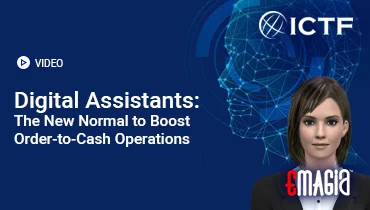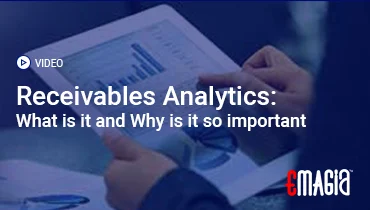Introduction: Understanding Electronic Checks
In today’s digital age, traditional paper checks are being replaced by faster, more secure electronic alternatives. An electronic check, or eCheck, is a digital version of a paper check, allowing funds to be transferred directly from one bank account to another through the Automated Clearing House (ACH) network. This method streamlines the payment process, reduces the risk of fraud, and offers convenience for both businesses and consumers.
What is an eCheck?
An eCheck — often referred to as an electronic check — is a digital payment instrument that electronically withdraws money from the sender’s checking account and deposits it into the recipient’s account through the ACH network, delivering a quick and secure transaction.
Key Features of eChecks
- Digital Processing: Eliminates the need for physical paper checks.
- Secure Transactions: Incorporates encryption and authentication measures.
- Cost-Effective: Reduces processing fees compared to traditional checks.
- Convenience: Enables online payments, removing the need to mail physical checks.
How Do Electronic Checks Work?
The lifecycle of an electronic check generally unfolds in several stages:
- Authorization: The payer provides authorization for the transaction, typically through an online form or signed agreement.
- Data Capture: The payer provides their bank account and routing numbers.
- Transmission: Those details are sent to a payment gateway or financial institution.
- Clearing: The ACH system moves the funds from the payer’s account to the payee’s.
- Notification: Both parties receive confirmation once the transaction is complete.
Benefits of Using eChecks
- Speed: Faster processing times compared to mailing paper checks.
- Security: Built-in protections help lower the risk of fraud.
- Cost Savings: Lower transaction fees and reduced administrative costs.
- Eco-Friendly: Going paperless conserves resources and reduces waste.
eCheck vs. Traditional Check
| Feature | eCheck | Traditional Check |
|---|---|---|
| Processing Time | 1-3 business days | 5-7 business days |
| Security | High (encryption, authentication) | Moderate (susceptible to forgery) |
| Convenience | Can be processed online | Requires physical handling |
| Cost | Lower transaction fees | Higher processing costs |
| Environmental Impact | Paperless | Uses paper |
Common Uses of Electronic Checks
- Online Bill Payments: Utilities, credit cards, and other recurring bills.
- Business Transactions: B2B payments and vendor transactions.
- Payroll: Direct deposit of employee salaries.
- E-commerce: Online purchases and subscriptions.
Security Measures in eCheck Transactions
Electronic checks employ multiple safeguards to prevent unauthorized activity:
- Encryption: Protects sensitive information during transmission.
- Authentication: Verifies the identities of both payer and payee.
- Digital Signatures: Authenticate and preserve the integrity of each transaction.
- Fraud Detection Systems: Monitors transactions for suspicious activity.
How Emagia Enhances Electronic Check Processing
Emagia delivers robust tools for managing electronic payments, including eChecks. Its platform offers:
- Automated Payment Processing: Streamlines the eCheck transaction process.
- Real-Time Tracking: Monitors payment statuses and provides updates.
- System Integration: Connects seamlessly with existing financial and ERP systems.
- Enhanced Security: Implements robust security protocols to protect transactions.
Frequently Asked Questions
What is an eCheck?
An eCheck serves as a paper-check counterpart in digital form, moving funds between accounts via the ACH network.
How secure are electronic checks?
Electronic checks are highly secure, utilizing encryption, authentication, and fraud detection measures to protect transactions.
Can eChecks be used for recurring payments?
Yes, eChecks are commonly used for recurring payments such as subscriptions and bill payments.
What information is needed to process an eCheck?
To initiate an eCheck, you need the payer’s account number, routing number, and explicit authorization.
How quickly does an eCheck clear?
Typically, eChecks clear within 1-3 business days, depending on the financial institutions involved.
By understanding and utilizing electronic checks, individuals and businesses can benefit from faster, more secure, and cost-effective transactions in the digital economy.



